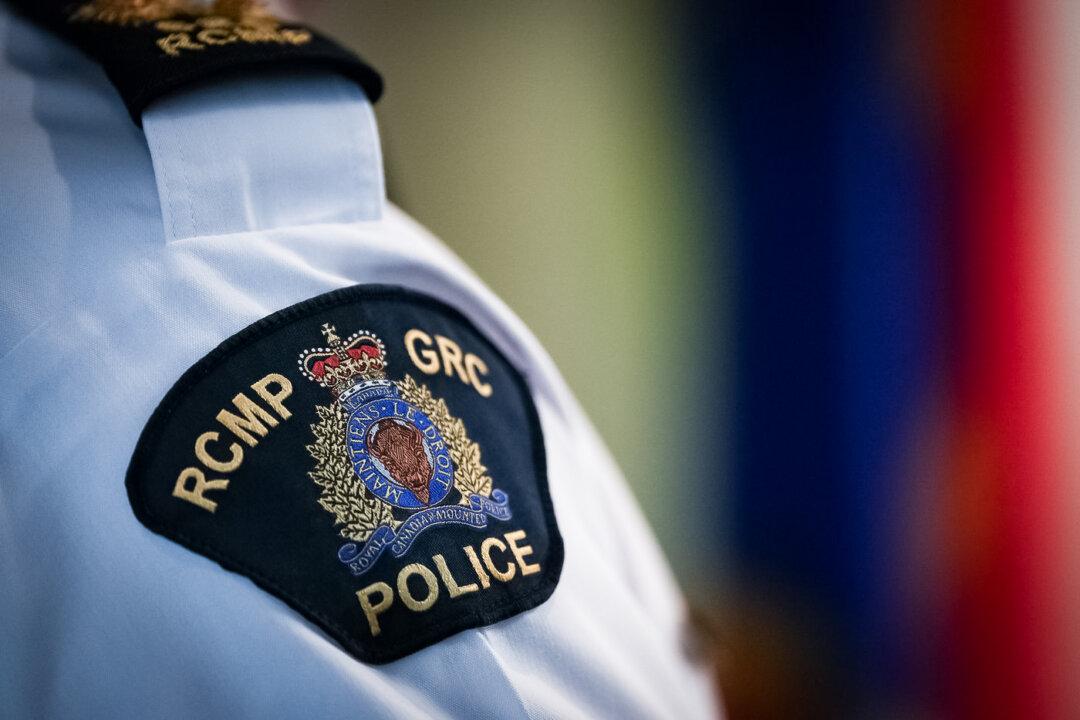As opposition politicians and the public clamour for names and details about MPs accused of working for foreign states by an intelligence watchdog report, the RCMP say some of the information in the report was new to them as well.
“Although the RCMP did not receive information regarding all the matters contained in the report, the RCMP was aware of the broad range of work being done by partners,” spokesperson Sgt. Kim Chamberland told The Epoch Times in a statement.





